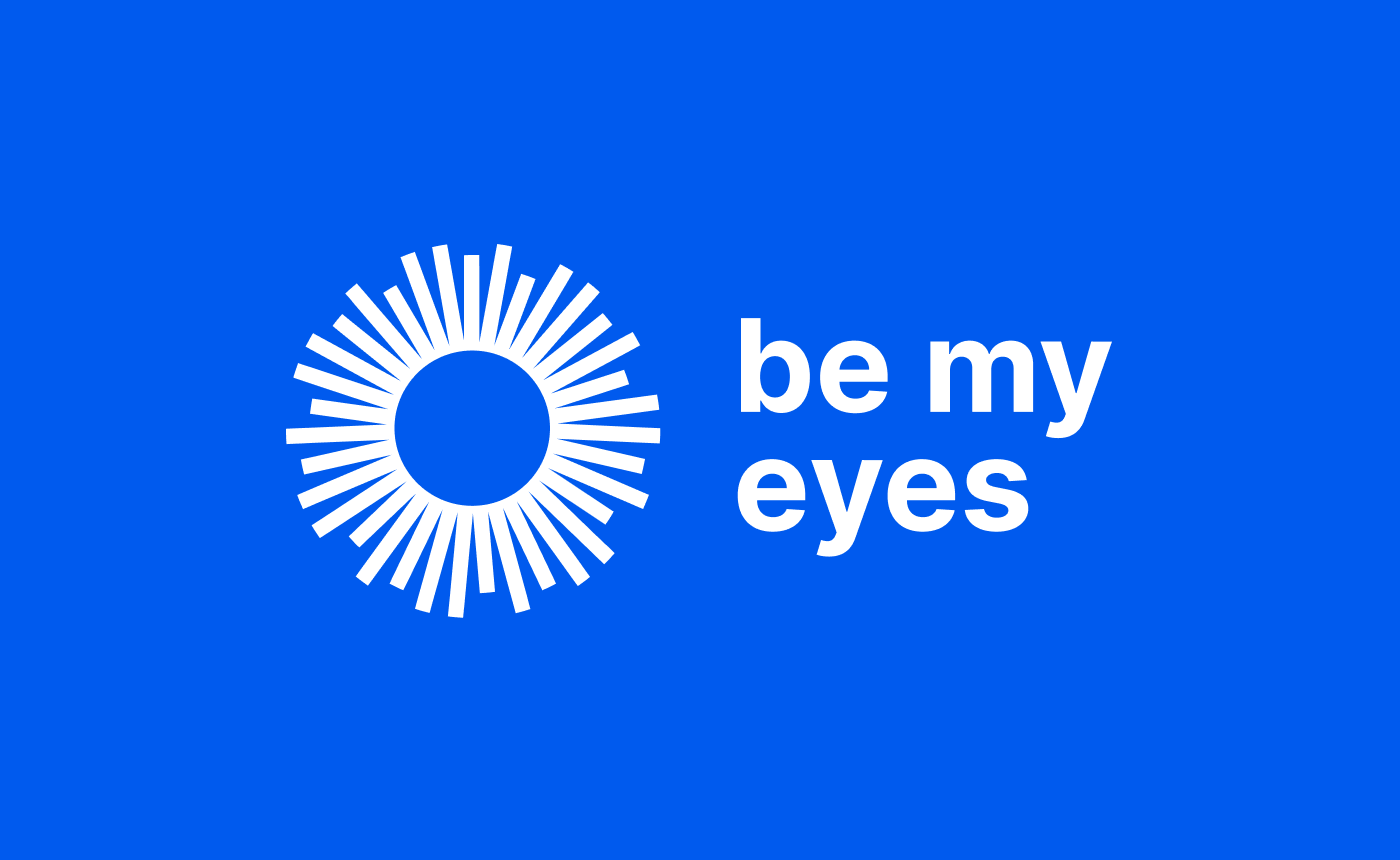How do we call our users?
First, the word blind is respectable and positive. No need to find euphemisms. Our recent research shows that ¾ of all our users have some vision. Consequently, the two words to use are “people who are blind or have low vision”.
In the US and many countries, people with less than 10 percent normal sight are considered legally blind.’ In the UK and other countries sometimes this group is called ‘Registered Blind” as some nations keep a formal registry of their blind citizens. Registered and legally blind are legalistic terms. For other purposes it’s best simply to call users people who are blind, blind people or people who have low vision.
Part 1 - Terms to avoid
You may have heard of the newer term ableism. It’s a modern concept for when non-disabled people think of themselves as ‘normal’ and people with disabilities as exceptions. Just as racism assigns different values to races, ableism calls into focus the non-equal treatment of people with disabilities. Sometimes ableist thought creeps into our terminology, so we present below some examples of terminology to avoid:
- “Visually Impaired”, “Partially-Sighted”, “Visually Challenged”: all these terms are grossly ableist, out of date or cloying.
- “Vision loss”: this is a strongly inappropriate term for people who have been blind for years or decades. After a few years, most blind people do not go around focusing on their “loss”, but rather on who they are.
- “Severe Vision Loss”, “Profoundly blind”, “Morbidity Condition”, “Problem”: once used by the field over two generations ago, these phrases now put too much emphasis on “the tragedy” of blindness, rather than the simple and neutral terms of blindness or low vision. Today, people are best said to have disabilities - not “problems” or “conditions” or “issues”.
- “Suffering from”, “Impacted By”, “Challenged With”, “Living With”: there is no need to place emotional judgements on the experience of people who are blind. And certainly not negative adjectives like the above. If you need to mention the state of blind people you might say that someone has the “Lived experience” of blindness.
- “Listen to TV” or “Hear a Movie”: These contortions of the English language are often a misguided attempt to not offend a blind person by avoiding the word “see”. Of course blind people don’t see, but they don’t want to live in a world where every ordinary phrase needs to be changed in an effort so as not to offend. What’s offensive is for people to speak to blind people differently than anyone else. Blind people see movies, watch TV, see friends.
- “Handicap”: This term has been hated by disabled people for the last 50 years, in all its forms (i.e. “handi-capable”).
- “High functioning” and “Low functioning”: this term denotes a disabled person’s ability to live in the world. This judgmental term is an affront to blind people everywhere and should always be avoided.
Part 2 - Unbuttoning the person-first straightjacket
A trend in recent decades has been to advise that references to disability be framed using a ‘person-first’ construction, i.e., “people with disabilities” rather than “disabled people”. Further incarnations of this trend would make for phrases such as “a person with blindness”. The belief has been that terms of disability are somehow negative and need to be intentionally balanced by pointing out that the disability is attached to a person.
Trouble is, this is a special construction used only for disability. One might never say, for example, “a woman with riches”. The word rich isn’t considered derogatory and so we’d normally say “a rich woman”. Rather than making disability language different, it’s encouraged to avoid the old formats and construct phrases like “a blind woman” and so forth.
Part 3 - Avoiding Negative Tone or Second-Class Thinking
The tools that blind people use are sometimes different from those used by sighted people. But they are not inferior or substitutes. Rather they are all called alternative techniques. The thought that what blind people use is inferior creeps into old-fashioned language and conveys a sense of difference. Here are some examples of outdated and modern tones:
- Outdated: “Assistive Technology”, “Adaptive Technology” - these terms place emphasis on need and difference.
- Modern: “Access technology”- this term places emphasis on accessibility and socially-constructed barriers instead of neediness.
- Outdated: “Support”, “Help”, “Helper” - Using words like “Help” and “Support” emphasizes a perceived power imbalance that is already uncomfortable.
- Modern: “Partner”, “Describer”, “Interpreter”, “Volunteer” - Words like these are based on a relationship of equality.
- Outdated: “Went blind”, “Lost Their Vision”- These terms imply that someone’s whole being has somehow changed.
- Modern: “Became blind” - This is a more neutral and non-dramatic term.
- Outdated: “Totally blind” - This term conveys a maudlin sense of catastrophe.
- Modern: “Fully blind” - A more neutral or even positive sense of blindness.
- Outdated: “Getting independence back” - Never suppose that blind people have a lack of “Independence” or that the state of “Independence” is what they are seeking.
- Modern: “Uses powerful or elegant or efficient tools” - It is better to just describe how useful, powerful and cool access tools are. Let the blind person speak about their own independence.
- Outdated: “Inspiration”, “Inspirational”, “Brave”, “Courageous”- For many blind people or people with disabilities, being called an inspiration actually turns out to be a kind of othering. Many simply wish to be considered capable and unremarkable and not to be called out as something different.
- Modern: Leave out the sentimental and gushing attitude these words convey. So many organizations make money by focusing on a person with disabilities as a kind of mascot, somehow wanting to write an ‘overcoming’ narrative to make people feel better. Avoid terms like “courageous, amazing, inspiration”.
Rev. May 2024
Copyright c. 2024 Be My eyes
